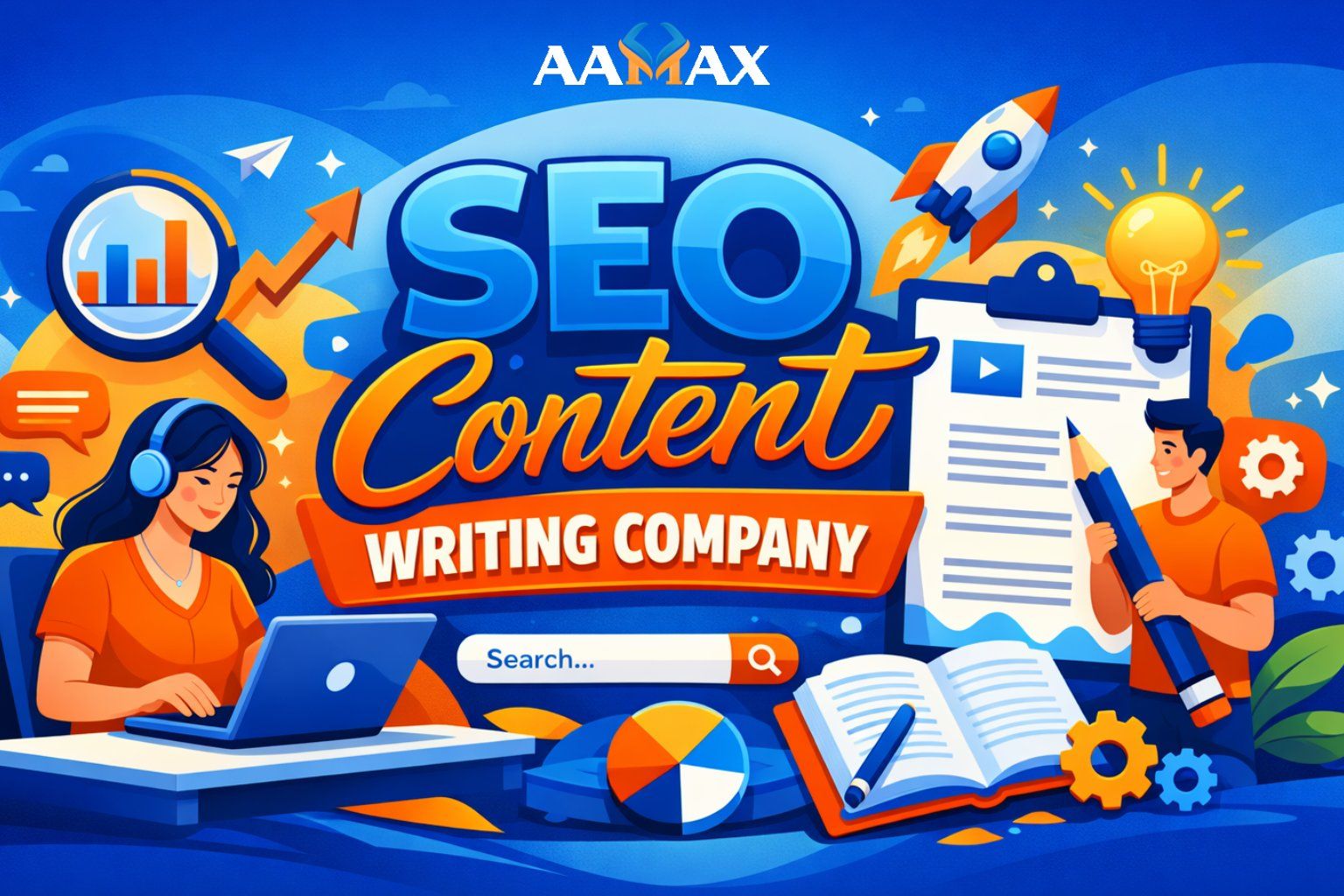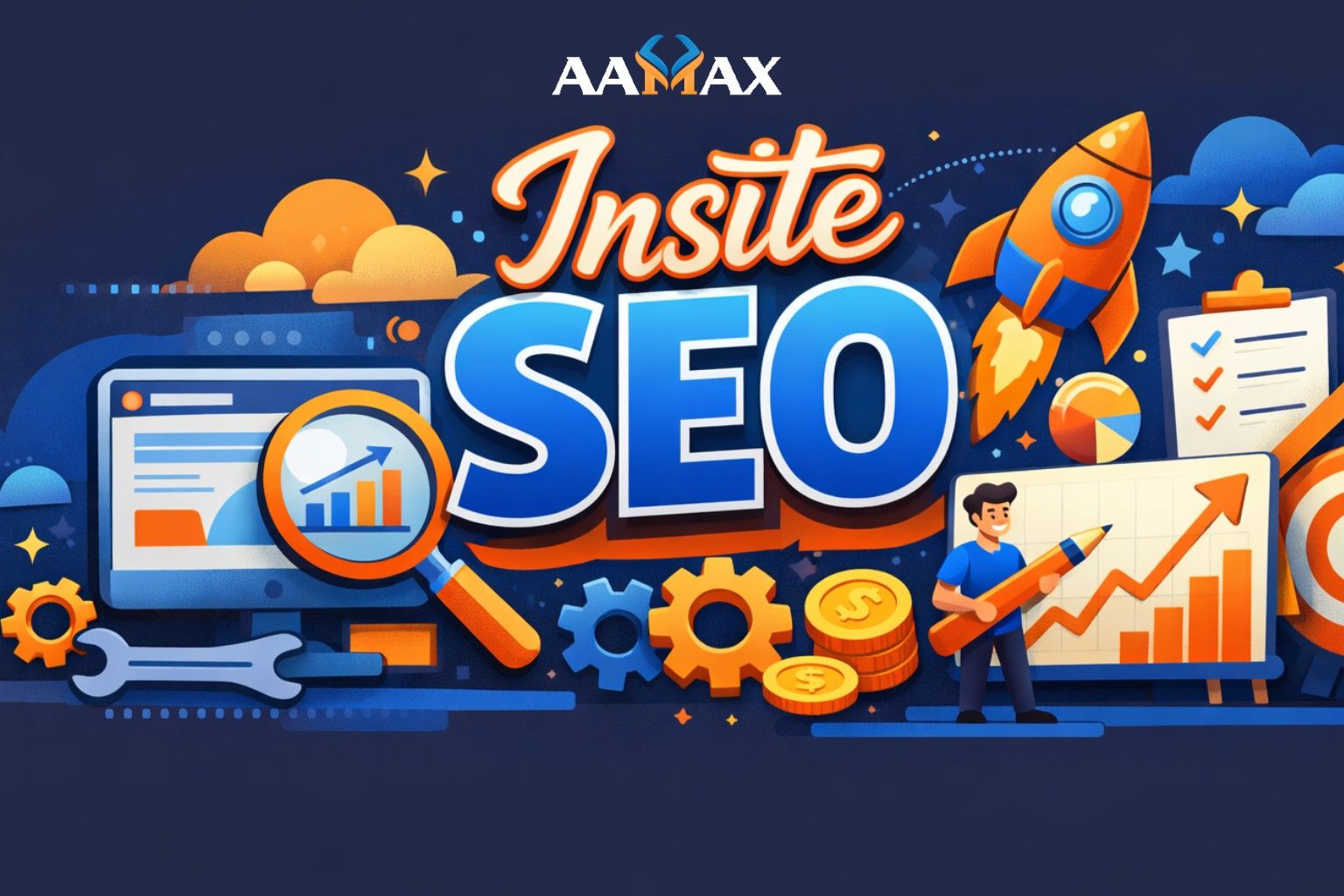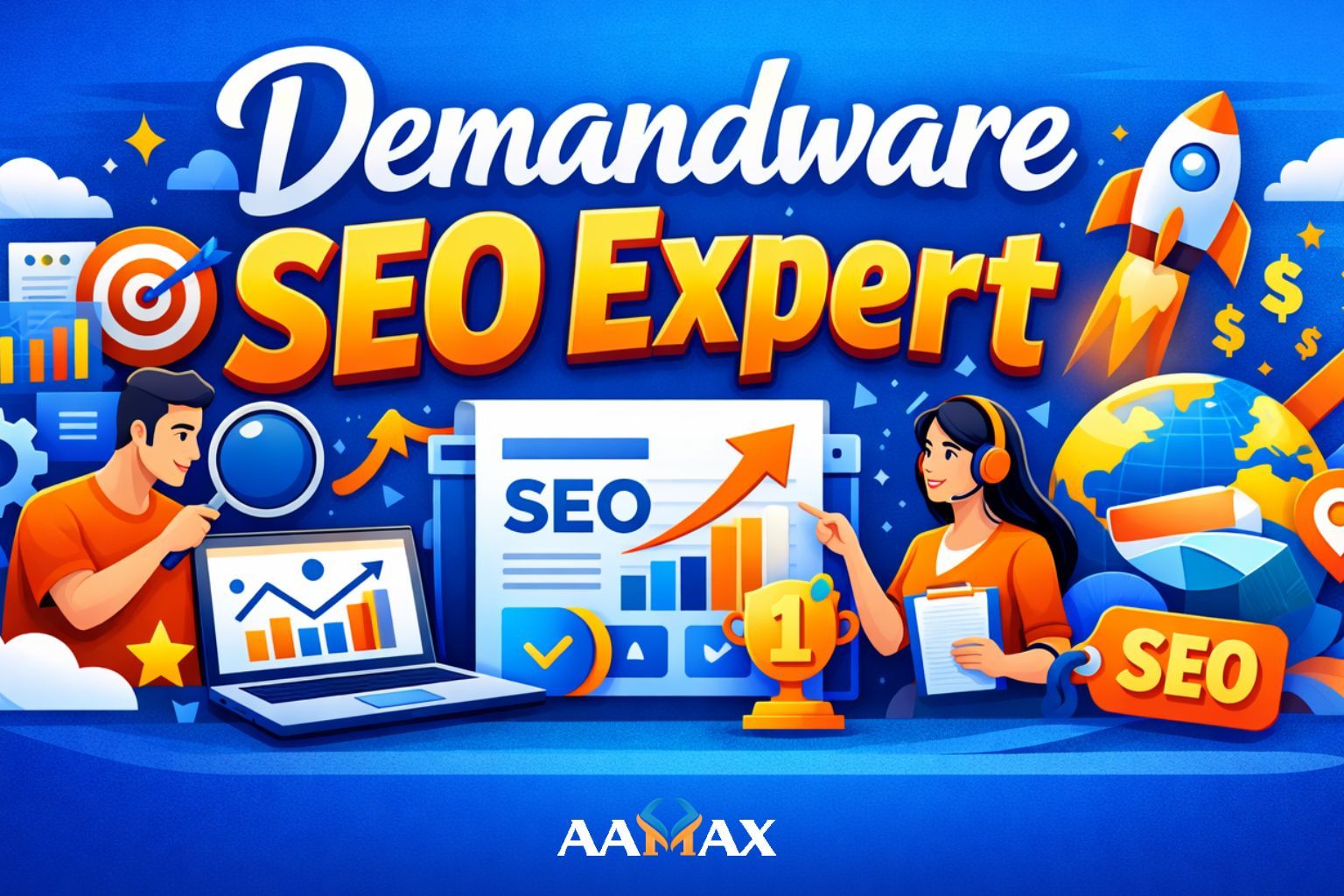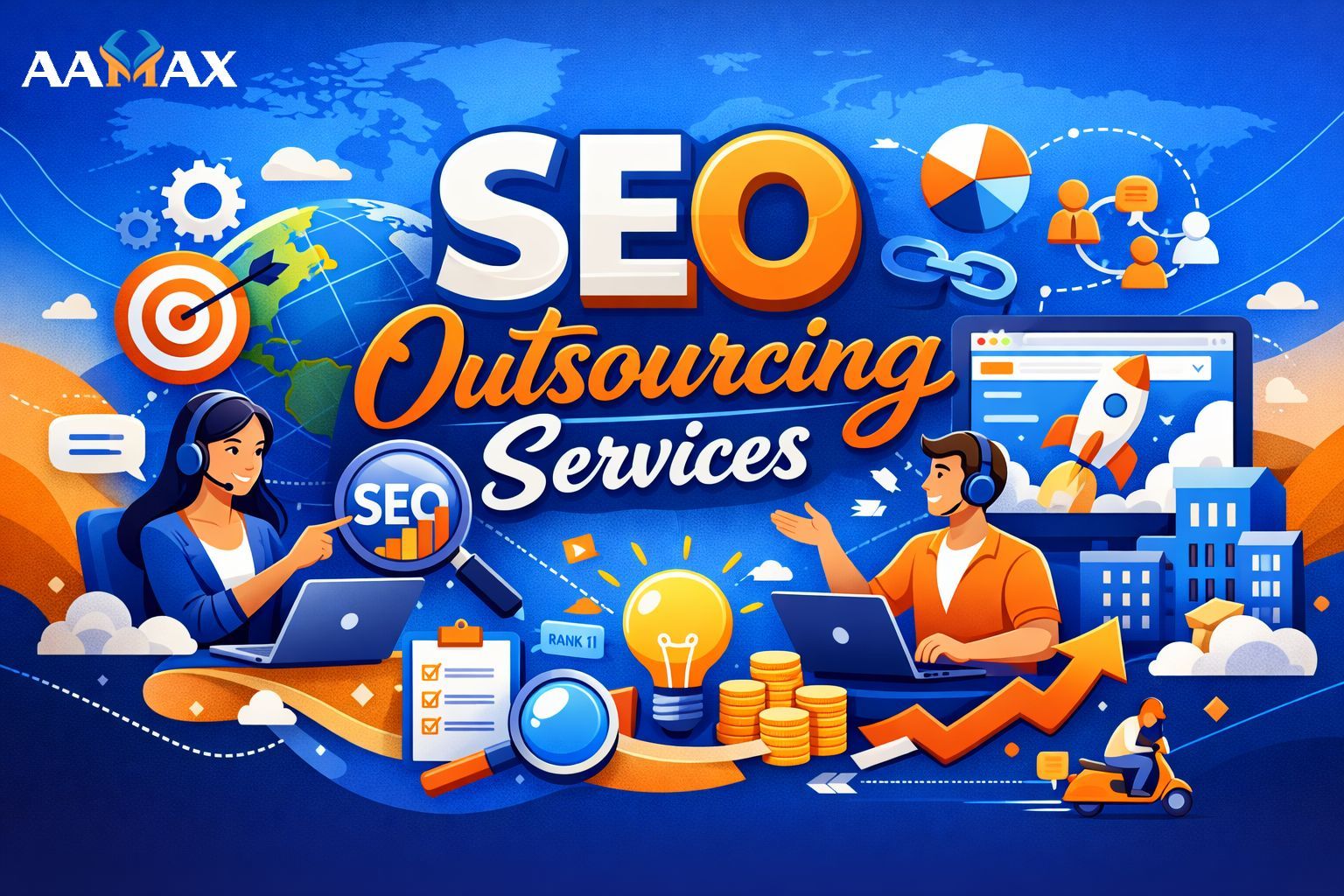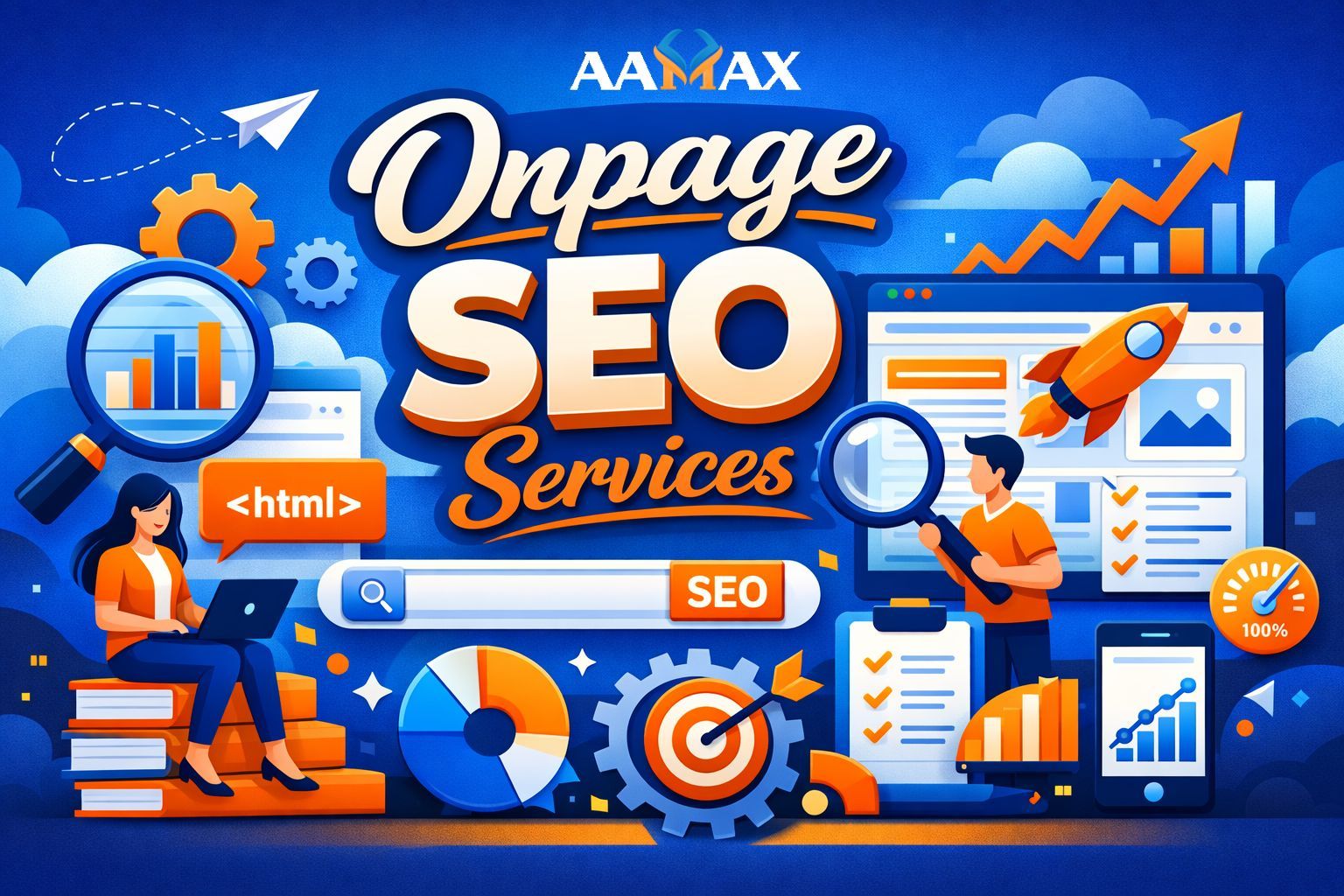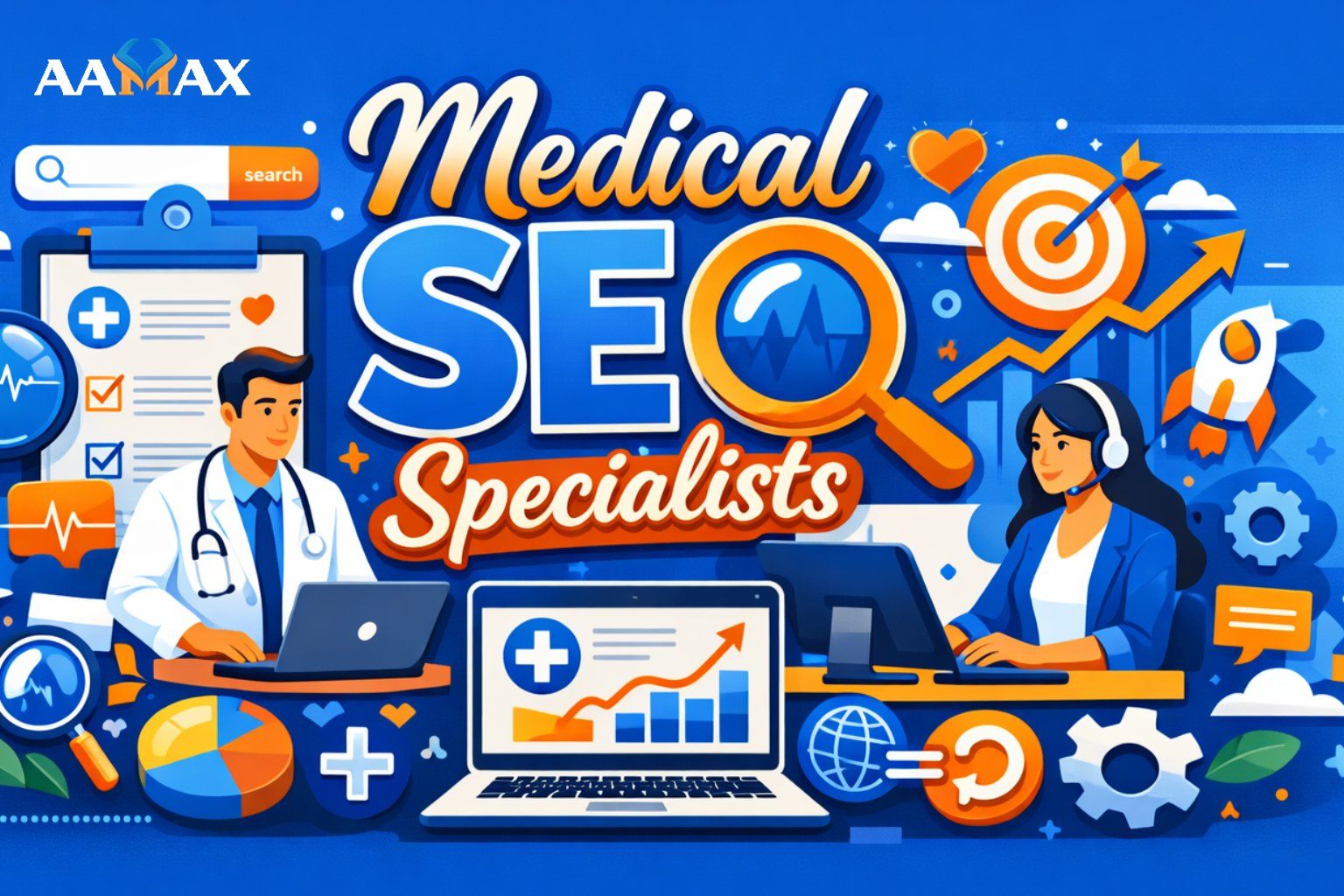
What Google AI Overviews Mean for SEO and Blogging
Google’s evolution toward AI-powered search has changed the landscape of search engine optimization (SEO) forever. One of the most significant innovations is the introduction of AI Overviews — a generative AI feature that provides users with instant, summarized answers at the top of search results.
While this feature enhances the search experience for users, it also creates both challenges and opportunities for website owners, marketers, and content creators. Understanding what triggers an AI Overview and how it impacts Search Engine Optimization (SEO) rankings is now critical for maintaining and growing organic visibility.
What Are Google AI Overviews?
Google AI Overviews (formerly known as the Search Generative Experience or SGE) are AI-generated summaries that appear at the top of search results. Using Google’s Gemini AI model, they synthesize information from multiple credible sources to deliver a concise and contextually accurate response.
Instead of just listing links, AI Overviews present users with:
- A summarized response that directly addresses their query.
- Supporting sources (linked beneath the summary).
- Images, product suggestions, or additional context.
The goal is to save users time by answering complex or conversational queries directly within the search interface.
Example of an AI Overview
When a user searches for a query like “What’s the best way to optimize content for AI search?”, the AI Overview might generate a paragraph summarizing optimization techniques and link to a few relevant sources.
This means the user often gets the answer without needing to click through to a website — a trend known as zero-click search.
What Triggers an AI Overview?
Understanding what triggers an AI Overview is key to optimizing your content for visibility within this new search environment.
While Google hasn’t publicly revealed all the technical details behind AI Overview triggers, SEO researchers and marketers have identified several consistent factors.
1. Complex or Conversational Queries
AI Overviews are most commonly triggered by complex, multi-layered, or conversational queries — especially those phrased in natural language.
Examples include:
- “What are the benefits of AI SEO for small businesses?”
- “How can I improve website ranking using AI tools?”
- “What triggers Google AI Overviews and how do they affect SEO?”
These types of queries require contextual understanding rather than a direct keyword match. Google uses AI to synthesize an answer that combines multiple perspectives, creating a concise, user-friendly summary.
2. Informational Search Intent
AI Overviews are frequently triggered by informational intent — searches where users are seeking to learn something rather than make a purchase or take immediate action.
Search intent categories likely to trigger AI Overviews include:
- “How to” queries (e.g., how to optimize content for AI SEO)
- Comparison queries (e.g., AI SEO vs traditional SEO)
- Definition or explanation queries (e.g., what is AI SEO)
- Trend or analysis-based queries (e.g., impact of AI on search rankings)
When users search for information instead of transactions, Google uses AI Overviews to present synthesized answers from trustworthy sources.
3. Sufficient High-Quality Data Across Multiple Sources
AI Overviews rely on data synthesis. Google’s AI generates a summary by analyzing multiple authoritative pages that cover the same topic.
If a topic has:
- Enough reliable and up-to-date sources.
- Diverse perspectives from authoritative websites.
- Structured and clearly written content.
Then it’s more likely to trigger an AI Overview.
However, if a query lacks sufficient trustworthy data (such as breaking news or niche subjects), Google may choose not to display an AI Overview.
4. Emerging or Trend-Based Topics
Google’s AI is designed to respond to trending topics and emerging themes where users are rapidly searching for fresh information. For example:
- “Latest Google algorithm update 2026”
- “New AI tools for SEO optimization”
- “Impact of Gemini AI on Google search”
In these cases, AI Overviews consolidate newly published information, helping users quickly grasp evolving trends.
5. Question-Based and Long-Tail Keywords
Long-tail and question-style queries are strong triggers for AI Overviews. Google’s AI thrives on context-rich language that mirrors human conversation.
Examples include:
- “Why is AI SEO important for ranking?”
- “What is the future of AI in digital marketing?”
- “How does AI affect search engine algorithms?”
Optimizing your content to answer these types of queries naturally increases the likelihood of being referenced in AI-generated summaries.
6. Authoritative and Trustworthy Sources
AI Overviews prioritize trusted domains and high E-E-A-T (Experience, Expertise, Authoritativeness, and Trustworthiness) content.
Websites that:
- Demonstrate topical expertise.
- Have credible backlinks.
- Maintain high user engagement.
- Publish regularly updated content.
Are far more likely to be cited in AI Overviews.
How AI Overviews Are Selected and Displayed
Google’s AI uses a multi-step process to determine which information appears in an Overview.
- Intent Analysis: The AI identifies what the user truly wants to know.
- Content Retrieval: It scans multiple indexed pages relevant to that intent.
- Source Evaluation: The AI evaluates authority, freshness, and trustworthiness of the sources.
- Synthesis: It compiles a coherent and concise summary.
- Attribution: It adds reference links (usually 3-5) to relevant sites.
This process happens within seconds, producing AI Overviews that are not only fast but contextually intelligent.
How AI Overviews Impact SEO Rankings
AI Overviews have introduced a paradigm shift in how websites gain visibility and traffic from search. The implications for SEO are both strategic and technical.
1. Reduced Organic Click-Through Rates
Since AI Overviews provide summarized information at the top of the results, many users find their answers immediately — without needing to click on external links.
This means:
- Fewer clicks on informational articles.
- Greater competition for top spots in AI Overview references.
- Increased importance of standing out with unique insights.
For SEO professionals, this is both a challenge and an opportunity — optimizing content to be featured in AI Overviews rather than just ranked traditionally.
2. Higher Emphasis on Authority and Credibility
Google’s AI only references trusted and credible sources. As a result, improving E-E-A-T signals is crucial:
- Showcase expert authorship.
- Use accurate, evidence-based information.
- Maintain consistent topical coverage within your niche.
Building brand authority has become just as important as traditional link-building.
3. SEO Focus Shifts from Keywords to Context
AI Overviews rely on semantic understanding rather than keyword matching.
That means:
- Optimize content around concepts and user intent, not just keywords.
- Use topic clusters and contextual linking to build relevance.
- Structure articles clearly so AI can easily parse meaning.
This approach — often called semantic SEO — aligns with how AI interprets information.
4. Content Depth and Originality Matter More
AI doesn’t just summarize random text. It pulls insights from original, high-value content.
Websites that produce unique, expert-driven insights are more likely to be cited or influence AI-generated summaries. This makes thought leadership and data-backed writing key ranking factors in the AI era.
5. Increased Visibility for Referenced Sources
If your website is cited in an AI Overview, it may receive significant brand exposure, even without clicks. Appearing as a trusted reference link can:
- Enhance credibility.
- Improve brand recognition.
- Increase indirect traffic from brand searches.
This makes optimization for inclusion in AI Overviews a valuable new SEO goal.
6. Changes in Keyword Research Strategy
Traditional keyword metrics (search volume, difficulty, CPC) no longer tell the full story.
With AI Overviews:
- Long-tail queries gain importance.
- Question-based phrases drive AI triggers.
- Intent-based optimization becomes the new standard.
Marketers should focus on creating content that answers complex user questions, not just targets high-volume keywords.
How to Optimize for AI Overviews
To stay ahead, businesses need to optimize their websites for both traditional search results and AI-driven experiences.
1. Create Comprehensive, Expert-Level Content
Go beyond surface-level information.
Include:
- Data-driven analysis.
- Case studies.
- Expert opinions.
- Step-by-step explanations.
The more value you provide, the more likely Google’s AI will recognize your content as a trusted source.
2. Use Natural, Conversational Language
Since AI Overviews thrive on conversational search queries, write in a natural, human tone.
Include:
- Questions as subheadings.
- Clear answers in short paragraphs.
- Context-rich explanations.
3. Optimize for E-E-A-T
Strengthen your website’s authority by:
- Listing author credentials and bios.
- Citing credible sources.
- Including first-hand experiences or data.
- Keeping information accurate and updated.
4. Enhance Technical SEO
Make sure your website is easily readable by both humans and machines:
- Use structured data and schema markup.
- Ensure fast page loading speeds.
- Maintain mobile responsiveness.
- Optimize images with descriptive alt text.
5. Monitor AI Overview Trends
Use SEO tools and analytics to:
- Identify which of your pages are being cited or summarized.
- Track queries that trigger AI Overviews in your niche.
- Adjust your content strategy accordingly.
6. Leverage AI SEO Tools
Modern AI Search Engine Optimization (SEO) platforms like SurferSEO, Clearscope, or Frase can help analyze patterns behind AI-triggered queries and recommend content optimizations that align with AI Overview preferences.
Why Hire AAMAX for AI SEO Services
Navigating the world of AI-driven search requires specialized expertise. This is where AAMAX can make a difference.
AAMAX is a full-service digital marketing agency offering:
- AI-Powered SEO Services that align with Google’s evolving algorithms.
- Web Development and Design tailored for optimal performance.
- Comprehensive Digital Marketing Solutions that integrate data-driven strategy and creativity.
With a deep understanding of AI SEO and search intent optimization, AAMAX helps businesses future-proof their online visibility and thrive in the era of Google AI Overviews.
Final Thoughts
AI Overviews represent one of the biggest shifts in search behavior and SEO strategy in recent years. They prioritize user intent, context, and trust, changing how visibility and rankings are achieved.
Understanding what triggers an AI Overview and optimizing your content accordingly is essential for maintaining relevance in this new landscape.
By embracing AI SEO strategies, producing authentic, expert-level content, and enhancing your site’s technical and contextual quality, you can ensure your brand remains visible — even as Google’s search experience becomes more AI-driven.

